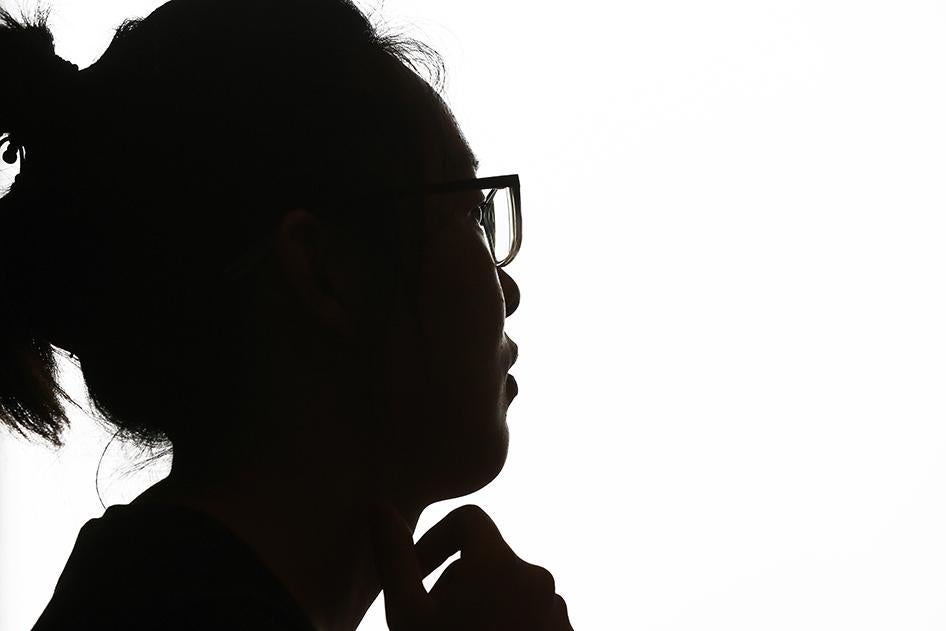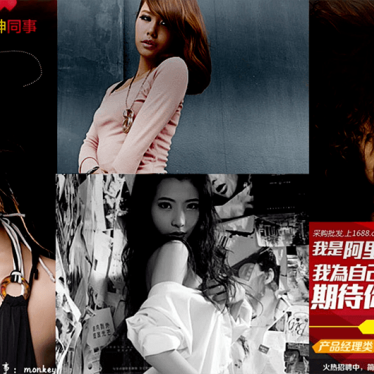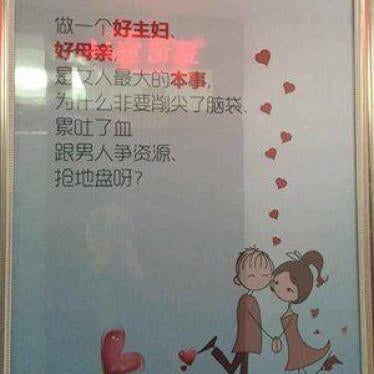Chinese women have been fighting for equality for a long time. In October 1911, a group of revolutionaries in southern China overthrew the Qing Dynasty, ending the imperial system and founding the Republic of China. Among the revolutionaries was a group of women’s rights activists. But when the Provisional Constitution was passed in March 1912, there was no mention of sex or gender. It said, “citizens of the Republic of China shall be equal before the law, without distinction of race, class or religion.”
“During the armed uprisings women . . . risked both their lives and their properties . . . just like the men. How is it that now the revolution has been achieved but women’s interests are not taken into account?” a feminist cried upon learning women would not be granted equal voting rights when the new electoral laws were announced in December 1912.
Today’s feminists in China know from long experience to be wary of men’s claims that they support equal rights, whether they are government officials or liberal intellectuals and activists.
The #MeToo movement in China has sent shock waves through progressive circles as some of the men accused of sexual assault and harassment are prominent intellectuals and activists who have long advocated for equal rights. High-profile men accused of abusive behavior include anti-discrimination activist Lei Chuang, environmentalist Feng Yongfeng and journalist Xiong Peiyun. Lei and Feng admitted to the accusations, while Xiong denied them.
Zhang Wen, a well-known journalist accused of rape and harassment by several women, attacked his accusers for “being divorced” and “having had many boyfriends.” He also threatened to sue those who made allegations against him.
Like much of Chinese society, some male intellectuals and activists habitually call their female colleagues “beauties” or “goddesses” and post photos of scantily clad young women on social media. In campaigns to raise money for families of detained activists, organizer Rou Tangseng used photos of women’s bare legs to attract donations. I was once called “goddess” by a male activist when I criticized the Chinese government’s detention of political dissidents — but the same person called me “an ugly woman no man wants” when I raised the issue of gender discrimination in Chinese society.
Now something new is emerging from #MeToo: Some liberal intellectual men who in the past have not paid much attention to women’s rights issues have called for self-reflection and support of women’s rights.
“I have had many moments of drunk and indecent behavior,” wrote the political commentator Mo Zhixu. “If I am exposed, I would understand, this is not only about some moral image issues. My past behavior, in fact, is a great mockery of my pursuit of rights, freedom, equality and democracy. If I cannot face this with honesty, it would only render my pursuit a joke.”
Writer Zhao Chu explains that as a person who deeply cares about rights, he must support the #MeToo movement: “Even if . . . [it] means I, as a man, must change my behavior and way of thinking, even if this kind of change is very difficult.”
Feminist writer Li Sipan exclaimed that “a miracle has happened” when she saw on social media many pro-feminism messages posted by those she thought were her “ordinary straight male” friends.
This change has been driven by the many Chinese women online – often young and educated – who bravely speak up, telling their stories, articulating feminist ideas and vigorously debating well-known male intellectuals, all amid pervasive government censorship.
Don’t expect a similar awakening any time soon among the political elite. After President Xi Jinping formally assumed power in 2013, the government tightened its grip on civil society, including feminists. In March 2015, authorities detained five women’s rights activists for a month after they planned to distribute stickers with anti-sexual harassment messages on public buses. This March, Chinese social media platforms Weibo and WeChat permanently suspended the accounts of Feminist Voices, a women’s rights publication.
In June, Ren Liping, a student at China University of Petroleum, was held for six days in a hotel room by university authorities after she protested against the university and the police for mishandling her allegations of sexual abuse. Ren had accused an ex-boyfriend of raping her on campus.
“The younger generation of women’s rights activists . . . has a stronger sense of independent personhood,” said the feminist and literary professor Ai Xiaoming. “Such independent personhood has instilled . . . vigor to the current women’s rights movement in China.”
While the space for civil society activism of any kind is narrowing in China today, feminists have courageously and creatively followed the path of their feminist forbears from over 100 years ago. Their twin targets of an authoritarian state and patriarchal society ignore them at their peril.









